-
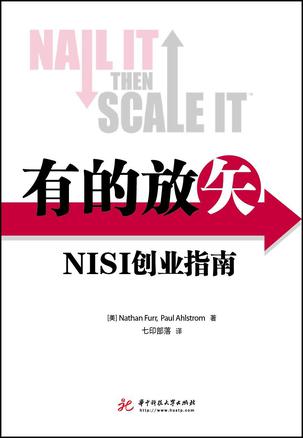
有的放矢
创业需要大笔资金吗?自信的人适合创业吗?好点子究竟来自哪里?《有的放矢:NISI创业指南》的两位作者拥有多年创业与投资经验,收集了大量的一手案例和资料,提出有的放矢创业流程,帮助创业者规避创业风险,提高创业成功率。 -
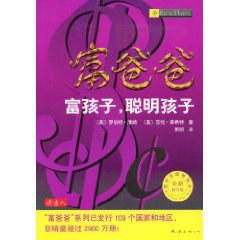
富爸爸 富孩子 聪明孩子
《富爸爸:富孩子,聪明孩子》的作者清崎小时候既不是富孩子,也不是聪明孩子,但是在富爸爸的教导下,他建立了一整套投资理财观念;长大之后,他白手起家,数次创业,几经商海浮沉,最终实现了财务自由。他以自己的亲身经历写成《富爸爸:富孩子,聪明孩子》,提供丰富的财务知识课程,帮助家长对孩子进行理财教育,让你的孩子更聪明、更富有,拥有更高财商! 挑个好小学——上个好中学——考个好大学——找份好工作,这是你为自己的孩子设计的“人生赢配方”。但是,学习好就能生活好吗?在孩子长大以后,需要买房、购车、贷款时,银行绝不会看学习成绩单,而只看财务状况证明。因此,从小对孩子进行财商教育,才能保障他们将来的生活安稳无虞。 -
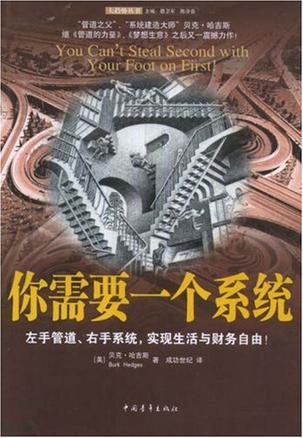
你需要一个系统
《你需要一个系统》是“管道之父”、“系统建造大师”贝克·哈吉斯继《管道的力量》、《梦想生意》之后又一震撼九作!左手管道、右手系统,实现生活与财务自由!正像贝克·哈吉斯在字里行间所说的那样:去进入其中吧!去成就发展吧!去体现价值吧!去为社会贡献更多吧! -
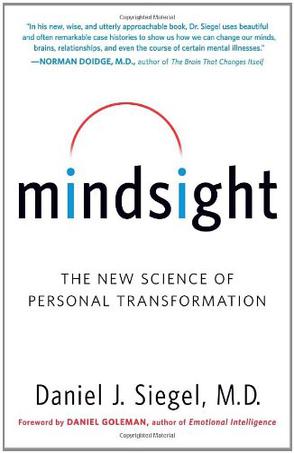
Mindsight
Foreword by Daniel Goleman, author of Emotional Intelligence This groundbreaking book, from one of the global innovators in the integration of brain science with psychotherapy, offers an extraordinary guide to the practice of “mindsight,” the potent skill that is the basis for both emotional and social intelligence. From anxiety to depression and feelings of shame and inadequacy, from mood swings to addictions, OCD, and traumatic memories, most of us have a mental “trap” that causes recurring conflict in our lives and relationships. Daniel J. Siegel, M.D., a clinical professor of psychiatry at the UCLA School of Medicine and co-director of the UCLA Mindful Awareness Research Center, shows us how to use mindsight to escape these traps. Through his synthesis of a broad range of scientific research with applications to everyday life, Dr. Siegel has developed novel approaches that have helped hundreds of patients free themselves from obstacles blocking their happiness. By cultivating mindsight, all of us can effect positive, lasting changes in our brains—and our lives. A book as inspiring as it is profound, Mindsight can help us master our emotions, heal our relationships, and reach our fullest potential. -
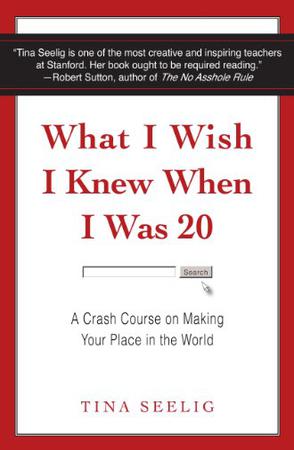
What I Wish I Knew When I Was 20
Major life transitions such as leaving the protected environment of school or starting a new career can be daunting. It is scary to face a wall of choices, knowing that no one is going to tell us whether or not we are making the right decision. There is no clearly delineated path or recipe for success. Even figuring out how and where to start can be a challenge. That is, until now. As executive director of the Stanford Technology Ventures Program, Tina Seelig guides her students as they make the difficult transition from the academic environment to the professional world, providing tangible skills and insights that will last a lifetime. Seelig is an entrepreneur, neuroscientist, and popular teacher, and in What I Wish I Knew When I Was 20 she shares with us what she offers her students—provocative stories, inspiring advice, and a big dose of humility and humor. These pages are filled with fascinating examples, from the classroom to the boardroom, of individuals defying expectations, challenging assumptions, and achieving amazing success. Seelig throws out the old rules and provides a new model for reaching our highest potential. We discover how to have a healthy disregard for the impossible, how to recover from failure, and how most problems are remarkable opportunities in disguise. What I Wish I Knew When I Was 20 is a much-needed book for everyone looking to make their mark on the world. -
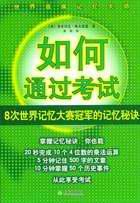
如何通过考试